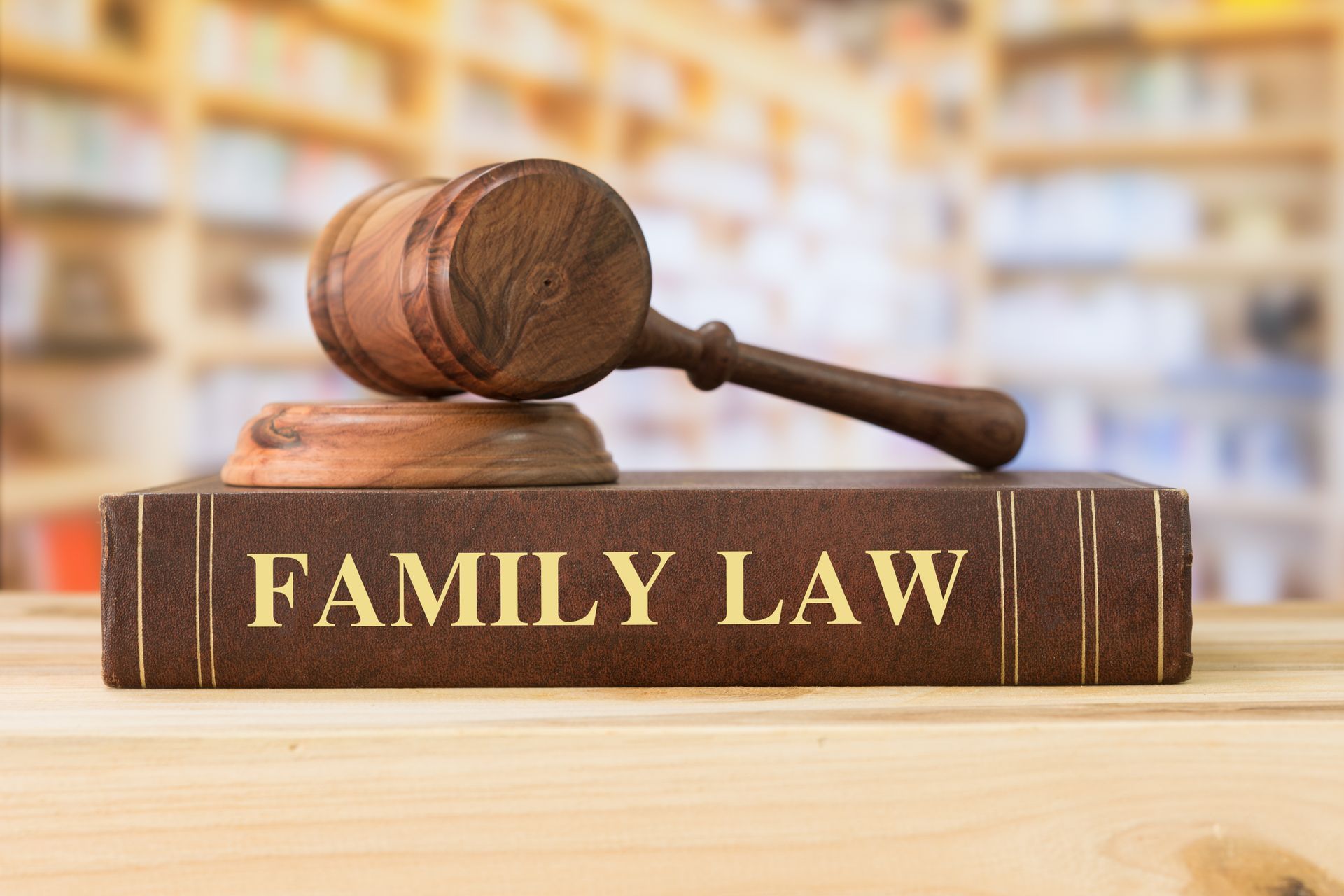A Creative Approach to Your Unique Case
Attorney Baum Goes the Extra Mile
Collaborative Practice
I am among the first trained attorneys in Collaborative Law and still believe in its usefulness. However, its use peaked a few years ago and now it is used infrequently, and virtually only in divorce cases. Why? First and foremost, Collaborative Law got a bad reputation for being very expensive. In the early days most cases had two lawyers, two therapists, a financial neutral and others. Cases would cost tens of thousands of dollars, not settle and the parties would have to hire new lawyers to litigate the case (the Collaborative Law attorneys could not further represent their collaborative law clients if the case proceeded to court because of the Collaborative Law recusal provisions.) Furthermore, newly minted Collaborative Law attorneys saw every divorce case as a collaborative law case, when in most instances the issues could be settled more quickly and less expensively through mediation. So parties lost faith in recommendations for recommendations to resolve a case through collaborative law.
In Maryland, Collaborative Law attorneys have done a lot of work to reform the collaborative law process, to make it quicker, cheaper and simpler. Collaborative Law 2.0. Collaborative law has gone from being over-utilized to under-utilized. While it should still be the exception rather than the rule, It deserves a second look.
With that in mind, I commend you to the Maryland Collaborative Practice Council’s information. Its mission is to “support Collaborative Practice Groups, advocate statewide on legislative, executive, and judicial initiatives, and to advance the use of the Collaborative Process as a method of dispute resolution.”
They offer the following information on collaborative practice:
How Collaborative Practice Can Help
You can choose to battle in court, or you can resolve your disputes respectfully to the benefit of all. Whether you are facing a separation and divorce, a disagreement over an estate, or any other type of dispute where there is a need or a desire to have a relationship beyond the conflict, Collaborative Practice is a viable and valuable option. Click here to learn whether Collaborative is right for you.
About Collaborative Practice
Collaborative Practice is a process of resolving disputes where participants work with a team of professionals to craft their own agreements. Clients work together in a respectful way, recognizing the importance of minimizing conflict for the interest of their children and others concerned about the family. Decisions are made by the participants without the involvement of a judge or other decision maker.
Collaborative Law, Collaborative Practice, Collaborative Process, and Collaborative Divorce are terms often used interchangeably. While “Collaborative Divorce” refers to resolution of particular types of disputes (divorce and domestic partnerships), the other terms can also apply to disputes involving employment law, probate law, construction law, real property law, and other civil law areas where the participants are likely to have continuing relationships after the current conflict has been resolved.
Typically clients and professionals meet together to plan for information gathering, make interim arrangements, and discuss issues. A team is assembled based on the participants’ needs and can include attorneys, divorce coaches and child specialists (both roles are filled by mental health specialists), financial experts, and other professionals as needed. Information gathered is shared with both clients and team members in order to clarify each participant’s interests and stimulate ideas for possible solutions. All communications made during the Collaborative Process remain confidential and will not be used as evidence if the case later goes to court.
A settlement which meets the approval of both clients can then be fashioned. This method of negotiating divorce is designed to reduce conflict and allow the participants the possibility of a civil and cordial relationship in the future. If the parties share children, the goal also includes creating an effective parenting plan which can guide the co-parenting relationship in healthy ways now and in the future.
Collaborative Practice embodies one important principle: all clients and collaborative professionals agree at the outset that the parties will negotiate the terms of their settlement directly; they will not be contested in court. If the parties cannot reach agreement, the attorneys and other professionals must withdraw, and the attorneys will assist the participants in finding new attorneys to help them settle the case through the traditional court system. Even in these cases some groundwork will have been laid for a more effective way of clients working together in the future.
In summary, Collaborative Practice is about working together to resolve differences in a constructive fashion. It is about rising above our differences to find resolutions that are reasonable and equitable, satisfy all parties, and prevent the lasting acrimony so often associated with litigation.
The MCPC is an organization of lawyers, licensed mental health clinicians, experts in financial analysis and planning, and other professionals dedicated to resolving conflict through collaborative means and devoted to helping our clients reach amicable settlements of disputes through creative problem solving and compromise.
When Collaborative Practice May be Appropriate
Collaborative Practice may be appropriate to resolve:
- A divorcing couple’s disputes concerning custody, property, and finances
- Disputes among siblings about elder care decisions or an inheritance
- Labor and management disputes
- Disputes among family members about family business succession or trust matters
- Landlords and tenant disputes
- Disputes between neighbors
These and other kinds of conflicts involving the need for a continuing relationship beyond the dispute, can be dealt with by adversarial legal battles, or they can be handled respectfully and privately in a collaborative setting. Collaborative Practice represents an opportunity for disputants to resolve their differences without ceding control to a judge or other third party. Collaborative Practice recognizes that it is the clients, with the help, support and advice of their working team of professionals within the structure of the Collaborative Process, who are best equipped to determine what is important to each of them and to resolve their own disagreements.

